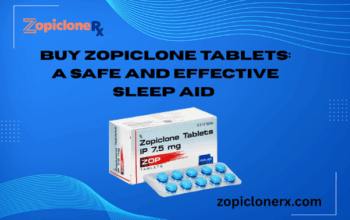The relationship between cannabis-infused products and chronic condition management has gained significant attention. As more individuals seek alternative approaches to managing long-term health challenges, THC gummies have emerged as a possible solution. Understanding how these products may influence various chronic conditions requires examining both scientific research and documented user experiences while considering the complex interplay between cannabinoids and the body’s natural systems.
Inflammation and pain response
The challenge of chronic inflammation is present in many long-term conditions. THC affects the endocannabinoid system in a way that may influence inflammation. Through this interaction, THC may help modulate pain signals and reduce inflammation markers in some individuals. The sustained release nature of gummies provides an extended period of potential relief, which many users find particularly beneficial for managing chronic conditions. This extended duration allows for more consistent management of symptoms throughout the day, unlike shorter-acting methods of consumption.
Neurological impact and symptom management
For individuals dealing with neurological conditions, the way THC interacts with the nervous system presents interesting possibilities. The compound’s influence on neurotransmitter systems may help regulate various neurological functions, potentially offering relief from certain symptoms. Many users report improvements in muscle spasticity, tremors, and related challenges when using appropriate doses. The precise nature of gummy formulations allows for careful dosing, which is particularly important when managing neurological symptoms that require consistent treatment approaches.
Sleep and rest patterns
Many chronic conditions significantly impact sleep quality, creating a challenging cycle where poor rest exacerbates other symptoms. THC’s potential influence on sleep architecture has drawn considerable attention from both researchers and patients. A significant number of users report improved sleep quality and duration when incorporating appropriate doses of THC gummies into their evening routines. The gradual onset and extended duration characteristic of thc edibles align well with natural sleep cycles, potentially supporting more restful and restorative sleep patterns for those struggling with chronic conditions.

Role of THC edibles in daily management
Incorporating THC gummies into chronic condition management requires understanding both their benefits and limitations. These products offer several advantages over other consumption methods, including precise dosing, extended duration of effects, and elimination of respiratory concerns associated with smoking or vaping. The discrete nature of gummies also allows for more comfortable use in various social situations, making them particularly suitable for ongoing condition management.
Customizing treatment approaches
Each chronic condition presents unique challenges, and individual responses to THC can vary significantly. Success in using gummies for symptom management often depends on finding the right combination of dosage, timing, and complementary treatments. Some individuals find that morning doses help manage daytime symptoms, while others prefer evening consumption for sleep-related benefits. The key lies in developing a personalized approach that aligns with both the specific condition being managed and individual lifestyle factors.
Building better understanding
As research continues and more data becomes available, our understanding of how THC gummies may benefit various chronic conditions keeps expanding. Healthcare providers increasingly recognize the potential role of cannabis products in comprehensive treatment plans, though approaches differ for different situations. This growing acceptance has led to more structured research into optimal dosing protocols and potential interactions with other treatments.
While THC gummies show promise in managing various chronic conditions, their effectiveness varies among individuals and conditions. Success often depends on careful consideration of dosing, timing, and individual response patterns. Always consult healthcare providers when considering THC products as part of any treatment plan, especially for chronic condition management.




